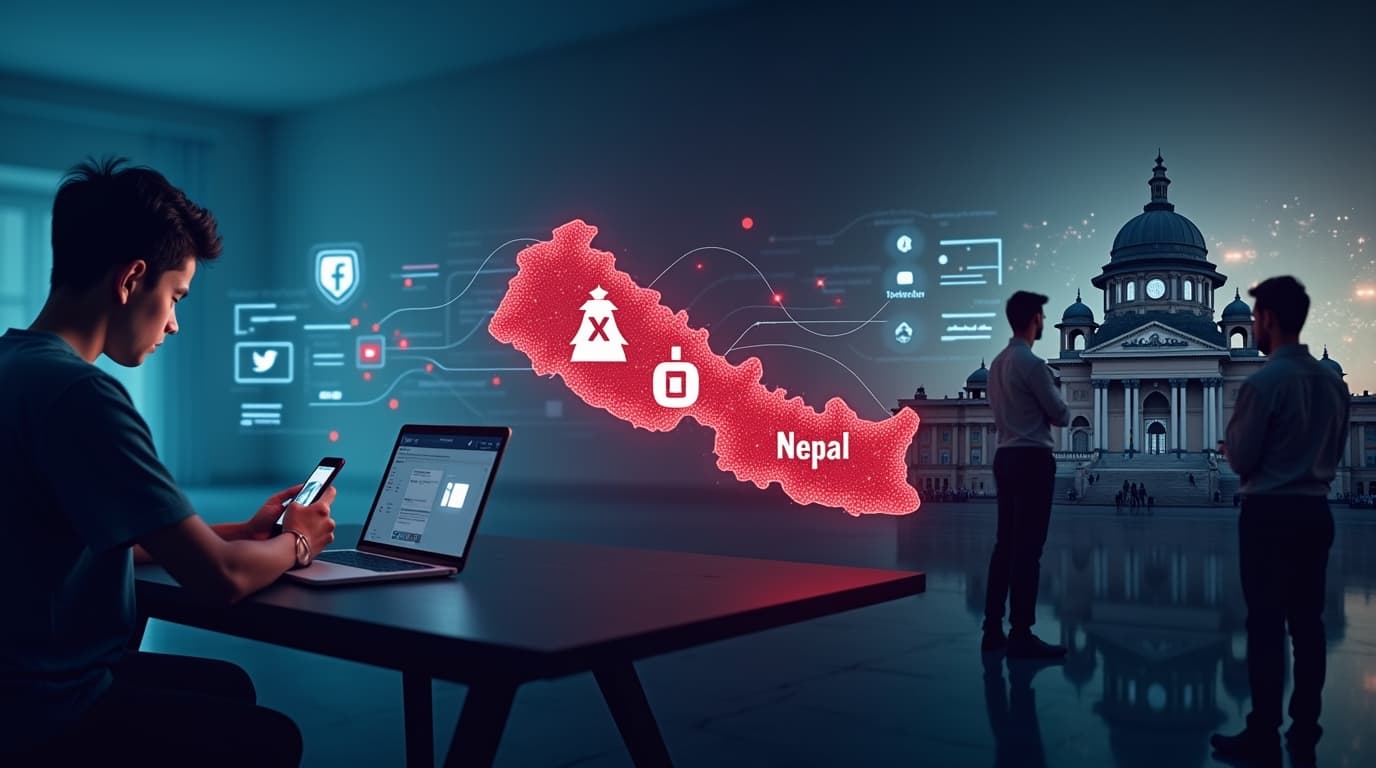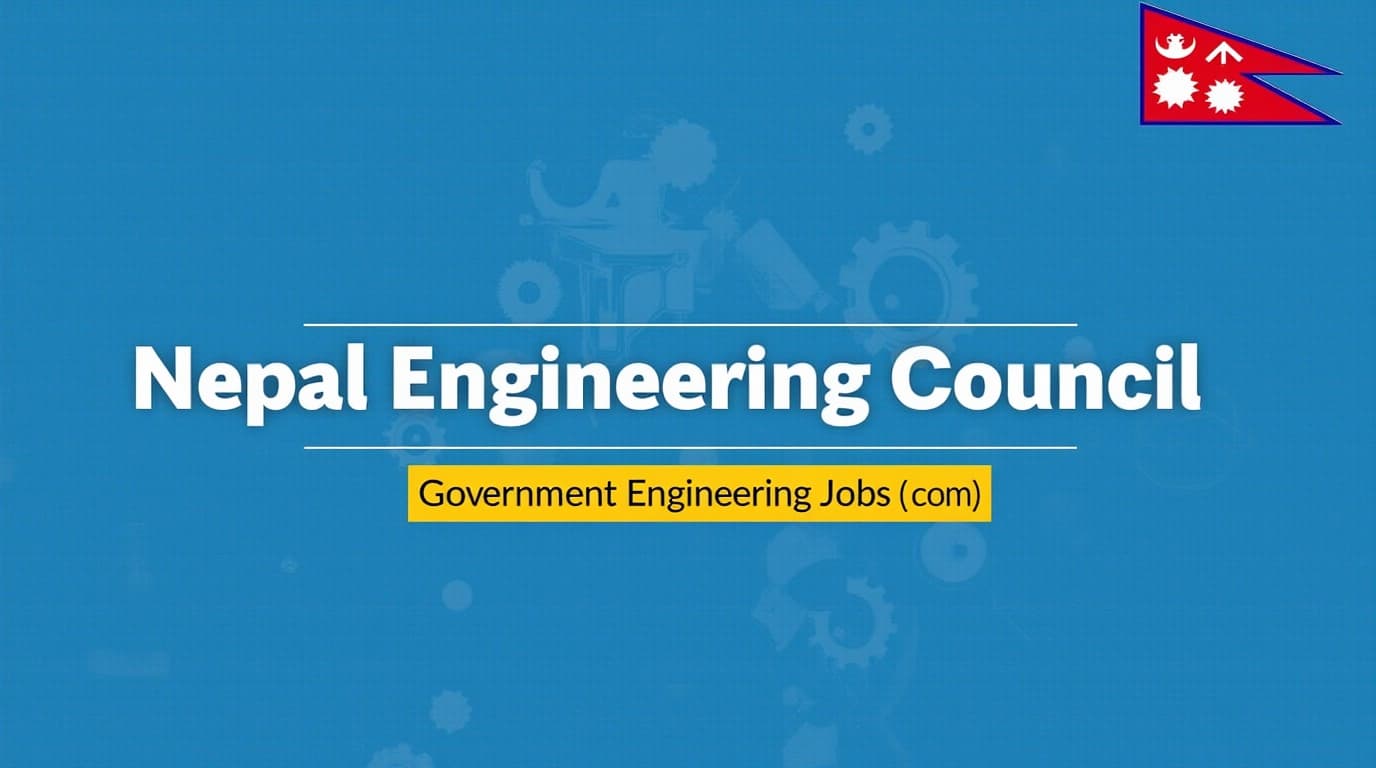Roles and Responsibilities of Computer Officer in Nepal:

With the rapid digital transformation taking place in Nepal’s government offices, the role of Computer Officers has become increasingly crucial. Appointed by the Public Service Commission (Lok Sewa Aayog), Computer Officers serve as the technical backbone of e-governance and ICT infrastructure in public administration. Their presence ensures efficient and secure digital services across government bodies.

Introduction to the Role:
Computer Officers, also known as IT Officers in some contexts, are gazetted third-class officers. They are part of the technical service group and are deployed in various ministries, departments, local bodies, and public institutions. Their responsibilities range from managing IT systems to supporting digital innovation in government programs.
Responsibilities of a Computer Officer:
A Computer Officer in Nepal is not just a technician who fixes computers or installs software. Their scope of work encompasses system architecture, data management, network security, and software development.
They play a pivotal role in maintaining the technological foundation that allows government offices to function smoothly in a digital age. With Nepal’s increasing focus on digital governance, the demand for skilled and qualified Computer Officers has reached an all-time high.
- The primary duty of a Computer Officer is to plan, implement, and manage information and communication technology (ICT) systems within a government setup. This includes maintaining hardware and software resources, safeguarding data, and improving digital workflows.
- They oversee the configuration and deployment of ICT systems, including servers, networks, databases, and communication tools. In addition to day-to-day operations, they are responsible for the long-term stability, scalability, and security of the infrastructure.
- One of the critical tasks is ensuring that government data remains protected against cyber threats. Computer Officers implement firewall protocols, intrusion detection systems, and encryption mechanisms to safeguard confidential information.
1. Supporting E-Governance:
- Nepal has been embracing digital governance through e-governance platforms. Computer Officers are at the heart of this transformation. From developing online portals to managing content management systems (CMS), they help ensure that citizens can access services digitally.
- Nepal has been embracing digital governance through e-governance platforms. Computer Officers are at the heart of this transformation. From developing online portals to managing content management systems (CMS), they help ensure that citizens can access services digitally.
2. Training and Capacity Building:
Besides handling technical work, Computer Officers are responsible for training and supporting other government employees. They conduct workshops and on-the-job training to improve digital literacy among administrative staff.
- They introduce new tools, demonstrate their usage, and help staff adapt to evolving technologies. This ensures a smoother transition to digital systems and enhances efficiency in service delivery.
- Computer Officers also help build the capacity of program teams to integrate digital tools into their everyday work. Whether it’s collecting data via mobile apps or using dashboards for performance tracking, these officers guide the digital adoption process.
3. Collaboration and Coordination:
- Computer Officers don’t work in isolation. They coordinate with national and international agencies, software vendors, hardware suppliers, and local stakeholders to deliver IT services.
- They are involved in planning new ICT projects, assessing technical feasibility, and ensuring timely implementation.
- Their role often involves providing feedback to policymakers and technical teams on the effectiveness of digital services. This feedback helps refine and improve the technological tools used in public administration.
- They also maintain communication with cloud service providers, data centers, and other ICT partners to ensure service continuity and compliance with security standards.
4. Monitoring and Evaluation:
- Monitoring ICT systems is another essential part of a Computer Officer’s job. They analyze performance metrics, detect faults, and ensure that service-level agreements (SLAs) are met.
- By using tools like data visualization dashboards, they present insights into how systems are performing and where improvements are needed. Their reports help government decision-makers understand the technical needs and plan for future upgrades.
- This monitoring function also involves regular auditing of software licenses, hardware inventory, and system logs. Any anomalies or inefficiencies detected must be reported and resolved promptly.

Qualifications and Recruitment:
- To become a Computer Officer, candidates must hold at least a Bachelor’s degree in Computer Science, Information Technology, or a related field.
- The recruitment process is conducted through a competitive examination system by Lok Sewa Aayog.
- The exam consists of written tests and interviews, covering topics such as programming, networking, database management, cybersecurity, and IT project management.
- Those who pass are appointed as gazetted third-class officers and posted to various government institutions.
Career Progression and Benefits:
- Working as a Computer Officer in Nepal offers both stability and prestige. Officers begin their career with a monthly salary ranging from NPR 40,000 to NPR 59,000, with additional allowances and benefits. Over time, they can be promoted to higher technical or managerial roles.
- With continuous experience and government training, they can move to more strategic positions such as Senior Computer Officer or Chief Technology Officer within a department. Opportunities for foreign training and international collaboration also exist.
Challenges Faced by Computer Officers:
Despite the importance of their work, Computer Officers often face challenges such as outdated infrastructure, limited budgets, and a lack of awareness about ICT among senior management. They also have to deal with evolving cybersecurity threats and the pressure to maintain uninterrupted digital services.
However, the government’s increasing focus on digital transformation and initiatives like Digital Nepal Framework are gradually addressing these challenges. As investments in e-governance increase, the scope and support for Computer Officers are also expected to expand.
Meanwhile you can read this Article: Roles and Responsibilities of Section officer.
Conclusion:
Computer Officers are indispensable to Nepal’s ongoing digital transformation. From building infrastructure to enabling public service innovation, their role touches every aspect of modern governance. As the government continues to digitize its services, the responsibilities of Computer Officers will become even more critical.
Their work not only ensures the efficiency of internal operations but also enhances citizen access to services, making governance more transparent and responsive. Pursuing a career as a Computer Officer through Lok Sewa Aayog is, therefore, not just a job opportunity. It is a chance to contribute meaningfully to Nepal’s development journey.




